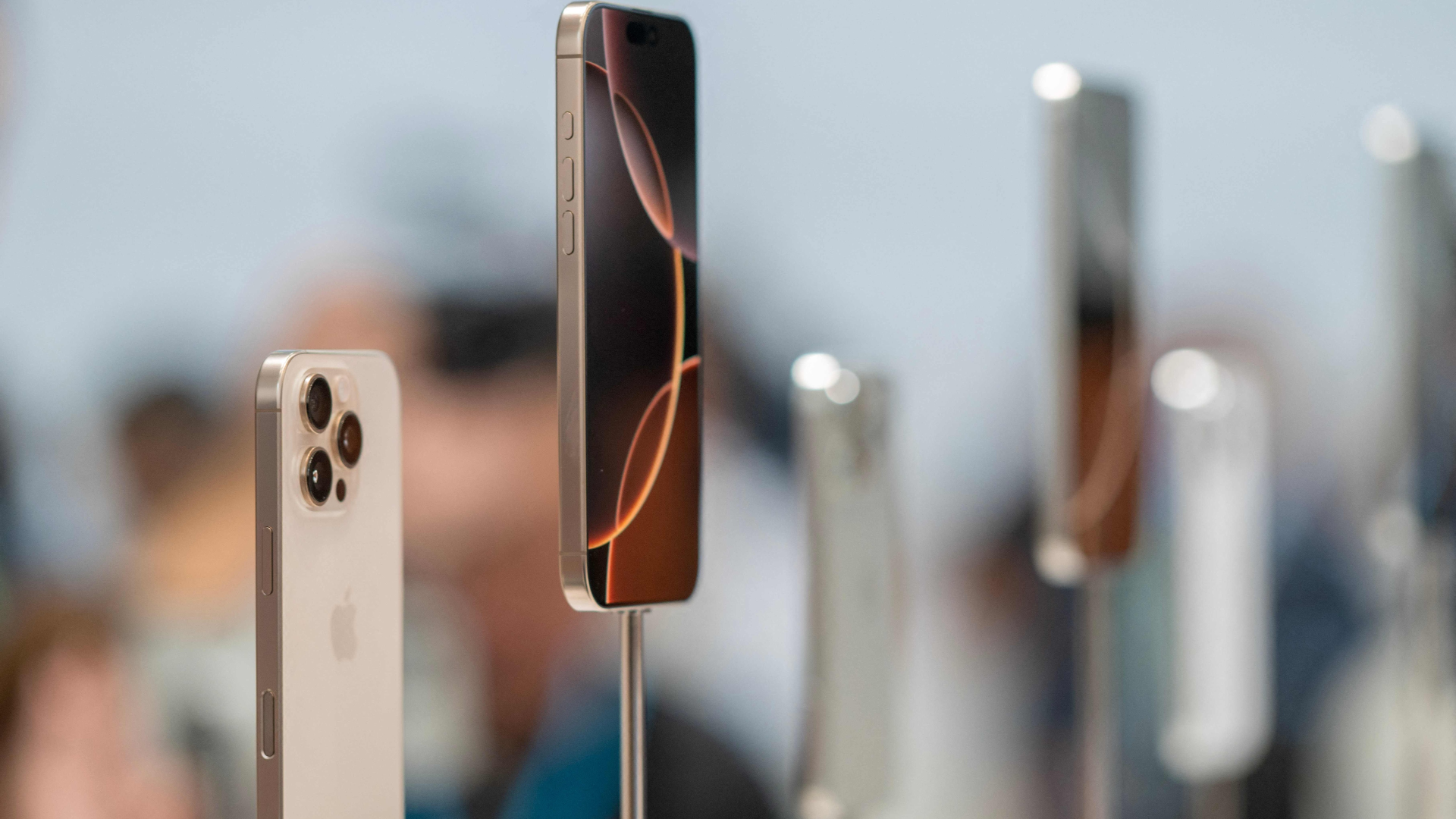Apple introduces iPhone 16 lineup, showcasing AI capabilities
On Monday, Apple introduced its AI-enhanced iPhone 16 and pledged enhancements to its Siri personal assistant while launching new software, which will enter test mode starting next month.

This announcement occurred just hours before Huawei introduced its innovative tri-fold phone, spotlighting the competitive pressures faced by Apple. The company has not yet disclosed a partnership with an AI provider in China for the iPhone 16s.
Regarding market expectations, the iPhone 16 and 16 Plus are priced similarly to their predecessors but boast a new processor, aluminum bodies, and a customizable camera button. The more upscale 16 Pro and 16 Pro Max versions feature titanium enclosures and advanced AI capabilities aimed at elevating photo and video quality.
In addition to smartphones, Apple also launched new versions of its Watches and AirPods, emphasizing enhancements in health monitoring and design. The new Watch models can identify long-term health issues such as sleep apnea and have features for emergency response, such as fall detection.
Apple's latest processors utilize Arm's sophisticated architecture to maximize AI efficacy. Analysts believe the promise of advanced AI features might encourage loyal iPhone users to consider upgrading.
Despite these advancements, some consumers might delay their purchases to evaluate the performance of the new features.
Concurrently, Huawei's forthcoming Z-shaped tri-fold phone, the Mate XT Z-fold, has already attracted substantial interest, with over 3 million pre-orders, indicating a high demand for AI-driven devices.
As part of a broader trend, Apple and other global tech firms are integrating AI into their products, with mobile phones emerging as a critical area of innovation. Apple anticipates that these AI features will motivate users to upgrade, especially as iPhone sales have experienced a slowdown.
The company plans to use its Apple Intelligence software to refine Siri and enhance the phone’s ability to recognize and interpret objects in images, according to company executives.
A preliminary version of Apple Intelligence will first be released in the U.S. in English next month, followed by other English variants in December, and versions in multiple languages including Chinese, French, Japanese, and Spanish next year. Enhancement of features like Siri will be gradually implemented, although Apple has not specified a timeline for a full rollout.
The iPhone 16 represents the first model engineered specifically with these AI enhancements, although they will also be accessible on the high-end iPhone 15 Pro and Pro Max models.
Apple faces stiff competition from companies like Google, which incorporates AI in its Pixel phones, including live interactions with digital assistants. Google's AI enhancements are also being adopted across Android-operated devices from manufacturers such as Samsung and Motorola.
In Europe, some of Apple’s AI features have been delayed due to regulatory hurdles.
Jessica Kline for TROIB News
Discover more Science and Technology news updates in TROIB Sci-Tech












